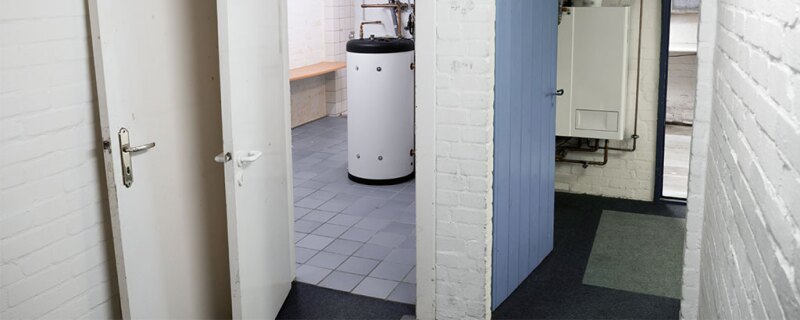Businesses, especially those with basements, are highly susceptible to water damage. Statistics show that 98% of basements in the U.S. will experience water damage at some point. The consequences of water damage could mean hefty repair costs, or a decline of indoor air quality associated with mold and mildew.
What can you do to protect your business from water damage?
The first step is to understand the difference between flooding and water backup. Then, make sure you know what’s covered by your insurance policy.
Commercial business insurance often includes coverage for water backup damage. Water backup occurs when water or water-borne materials back up into your building. This can come from sewers, drains, a sump pump, or related equipment.
Many commercial business insurance policies don’t cover flood damage. Flooding occurs when water enters a building through windows, doors, window wells, or cracks in the foundation. This can be caused by an overflow of rivers or lakes, melting snow, or even excessive rainfall. If you live in a flood zone or have concerns about flood damage, contact your independent insurance agent to make sure your business has the proper insurance coverage.
To prevent water damage in your business:
- Test your sump pump to make sure it is working correctly.
- Install a battery powered backup in case of a power outage, and use an alarm system to detect water in your basement.
- Check your foundation for leaks by looking for cracks, moist drywall, or water spots.
- Seal your windows and make sure doorways are fitted tight to the frame.
- Keep your gutters clear of debris, inspect the condition of your roof, direct downspouts away from the building, and make sure the landscaping around your building is sloped so any water will flow away from the foundation.
- Store your items in plastic containers in the basement, and keep them at least one foot off the ground, if possible.
Whether your business faces the threat of flooding, water backup, or water damage, taking these precautions allows you to keep your business running smoothly without worrying about water damage.
Read more: Stuck in the mud? Don’t let your business get bogged down by soggy conditions





